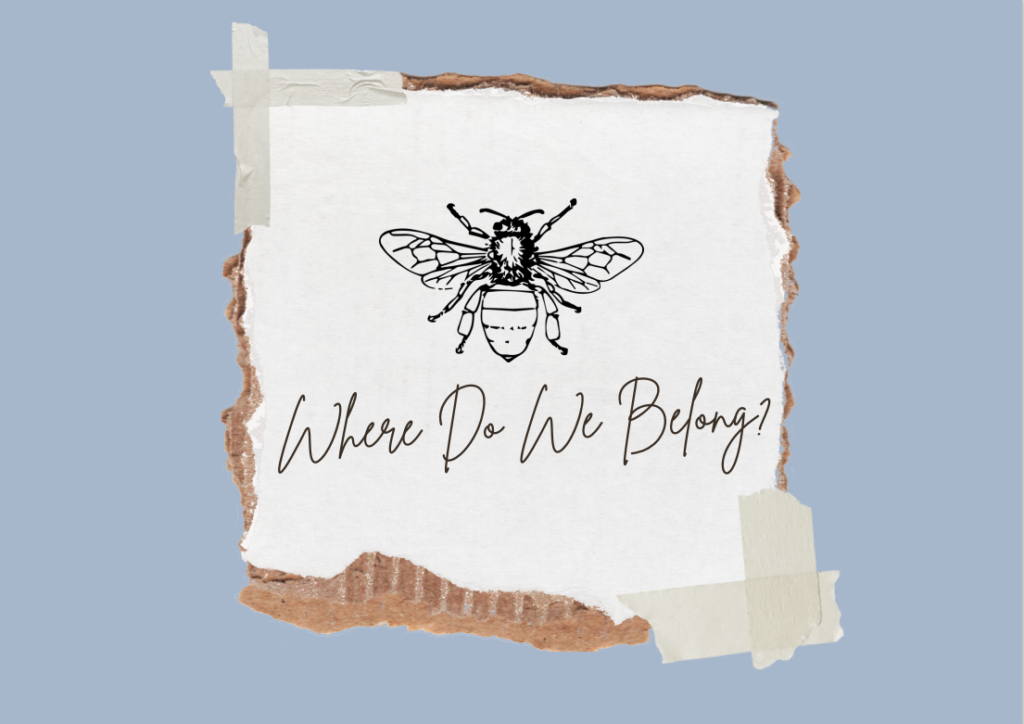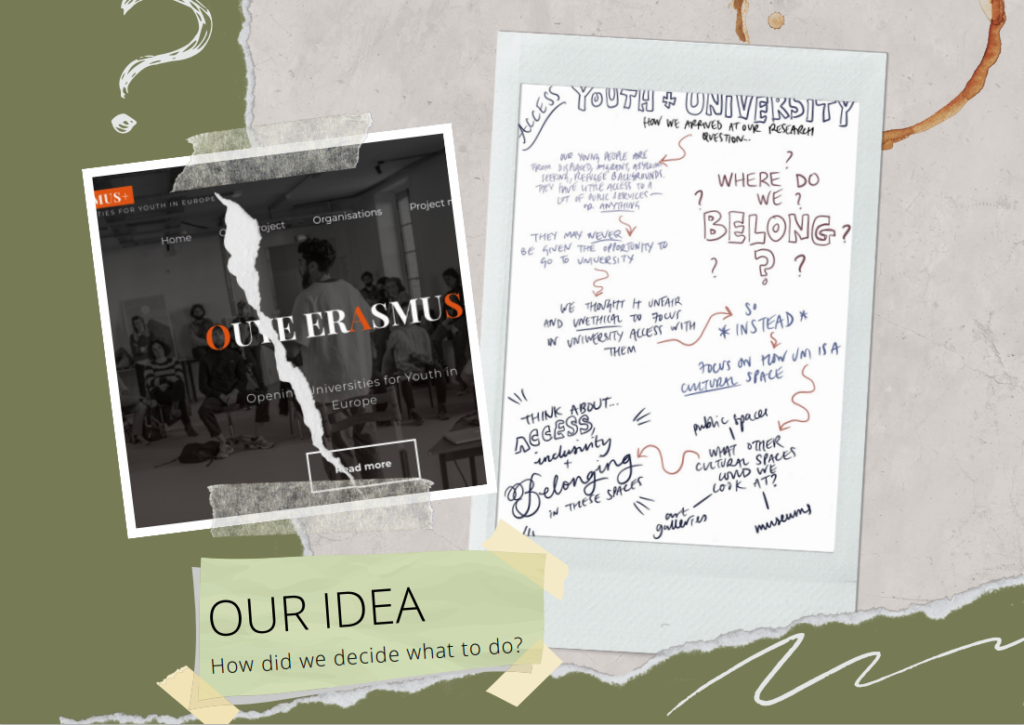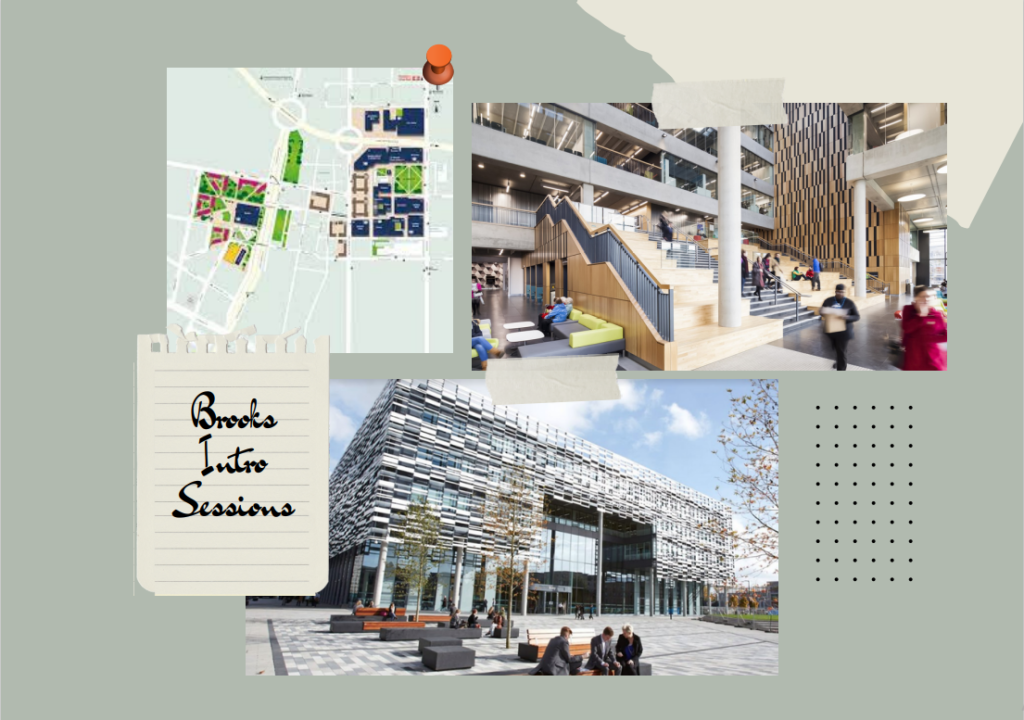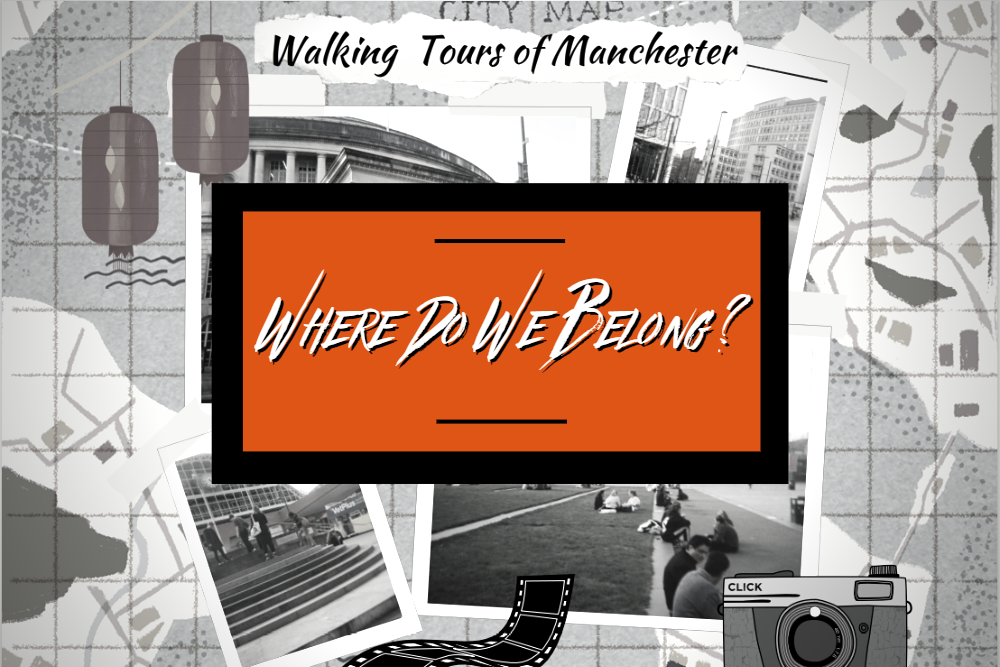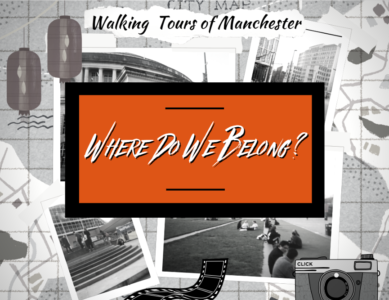The Manchester Team consists of academics, creatives and activists who are all members of Refugee and Asylum Participatory Action Research or better known as ‘RAPAR’ a Manchester-based human rights organisation. ‘Opening Universities for Youth in Europe’ is an Erasmus+ project that aims to enhance access to higher education for marginalised groups. However, in the UK, migrants, refugees and those seeking asylum have difficulty accessing even basic services as successive governments have introduced policies that have systematically eroded their human rights. Until displaced people achieve ‘legal’ status here, they cannot access higher education. Therefore from the outset of the project, we avoided thinking of ‘access’ to universities in conventional terms.
Manchester is a thriving city rich in culture. However, like the university, many educational and cultural institutions are inaccessible and unresponsive to the diverse communities that live in Manchester. This means that many marginalised groups – such as migrants, refugees and asylum seekers – feel like these places are ‘not for them’. They do not get invited to such spaces and at times are actively excluded from them.
In this way, marginalised voices are not heard within processes of cultural, democratic and social change, and many groups feel invisible, ignored, and without hope or any sense of belonging. RAPAR, alongside other organisations in Manchester, has a long history of campaigning and activism supporting the rights and active participation of migrants in the city.
To begin understanding these issues of exclusion, we explored an often taken-for-granted attachment to where one lives – a ‘belonging’. We started with the question ‘Where do we belong?’ in order to foreground a sense of belonging somewhere or anywhere. We started to explore Manchester together, including its cultural institutions and the university, to rethink ‘belonging’ and to start a process of meaning-making around rights, recognition, and cultural, democratic and social change.
